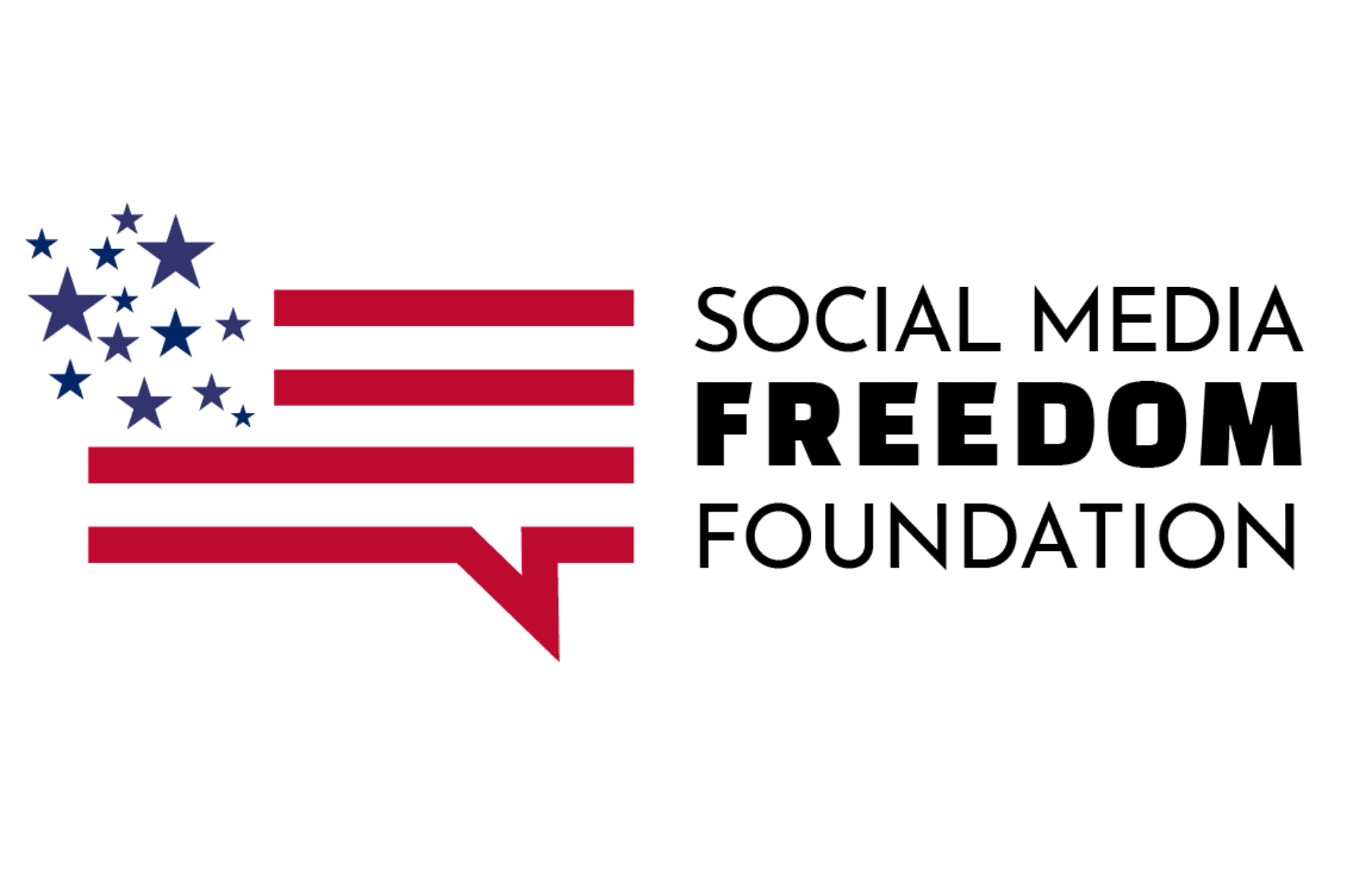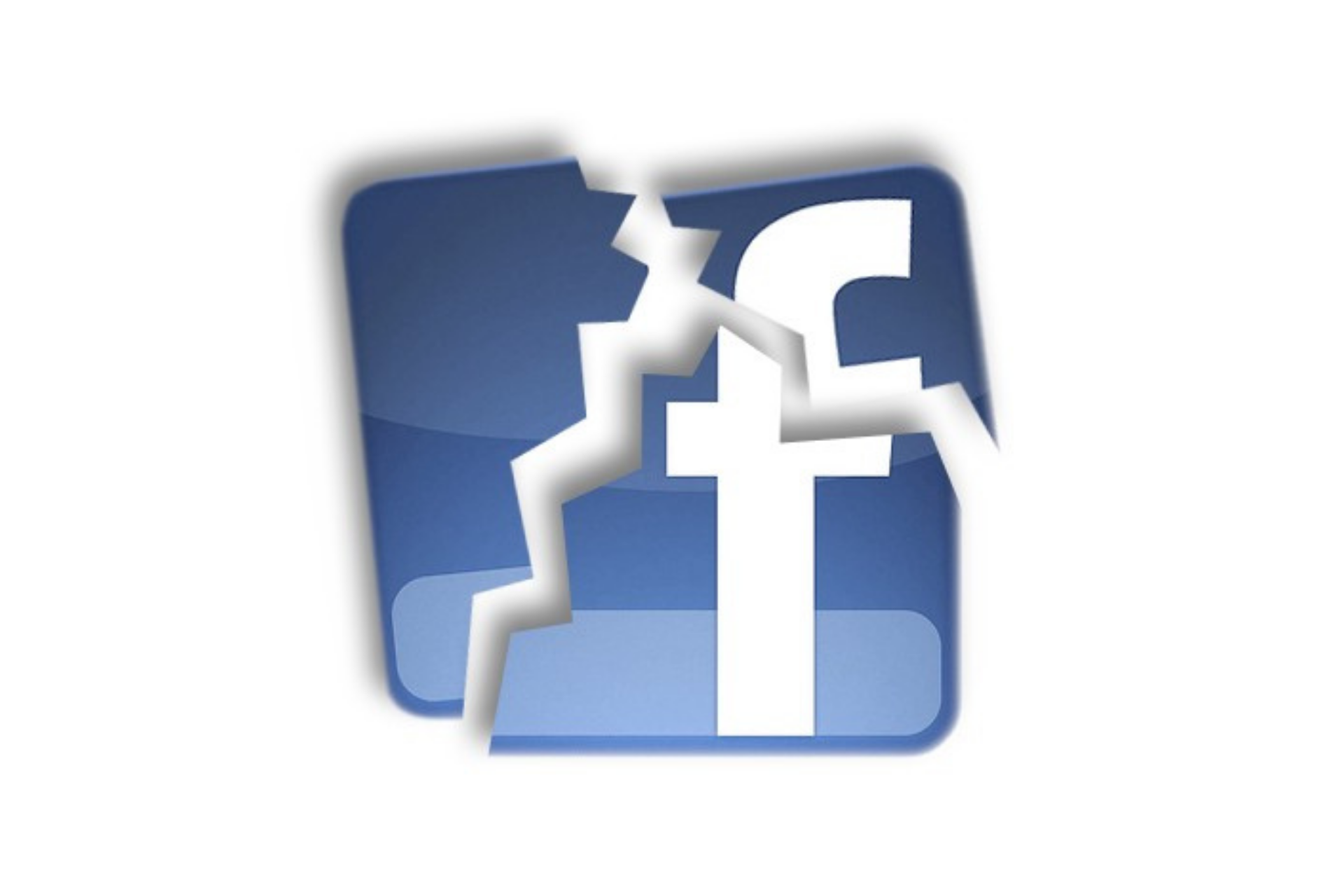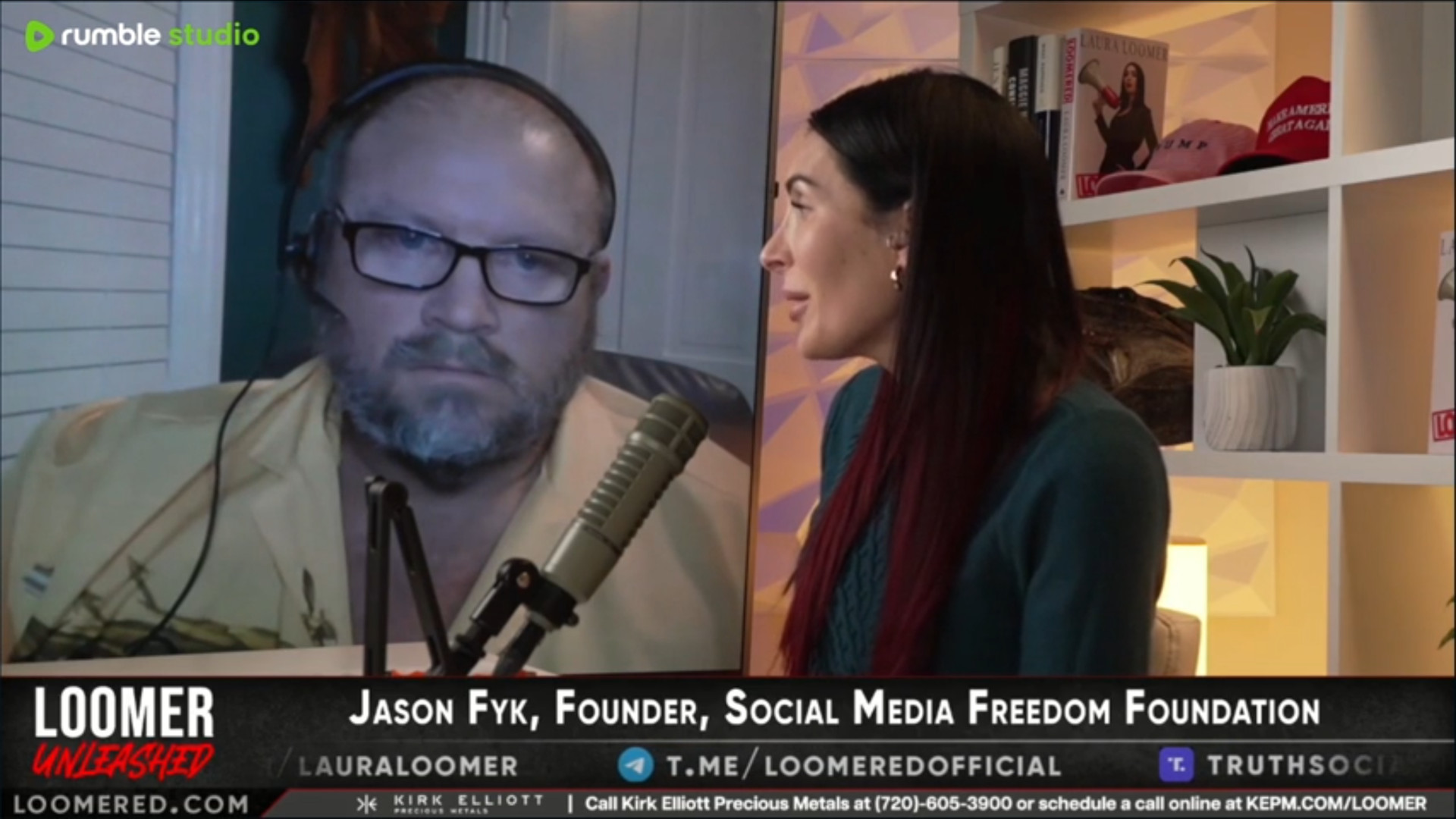(FYK-S)ection 230
proposed “proper” CDA amendment
Section 230 is not necessarily broken. The Section 230 is far too vague, it simply needs to be refined in order to guide the courts to properly comport with the legislative purpose and policy intended for the statute.
These are my proposed legislative changes…
(C) Protection for “Good Samaritan” blocking and screening of offensive material (“INTELLIGIBLE PRINCIPLE”)
(1) Treatment of publisher or speaker (OMISSION)
No provider or user of an interactive computer service shall be treated as the primary publisher or speaker of any information provided by another information content provider.
(2) Civil liability (ANY ACTION)
No provider or user of an interactive computer service shall be held liable on account of —
(A)
any action voluntarily taken in good faith to restrict access to or availability of material that the provider or user considers to be obscene, lewd, lascivious, filthy, excessively violent, harassing, or otherwise unlawful, whether or not such material is constitutionally protected; or
(B)
any action taken to enable or make available to information content providers or others the technical means to restrict access to material described in paragraph (1).[1]
___________________________________________________________________
(f) Definitions
(1) Internet
The term “Internet” means the international computer network of both Federal and non-Federal interoperable packet switched data networks.
(2) Interactive computer service
The term “interactive computer service” means any information service, system, or access software provider that provides or enables computer access by multiple users to a computer server, including specifically a service or system that provides access to the Internet and such systems operated or services offered by libraries or educational institutions.
(3) Information content provider
The term “information content provider” means any person or entity that is responsible, in whole or “in part”, for the creation or development of information provided through the Internet or any other interactive computer service.
(4) Access software provider
The term “access software provider” means a provider of software (including client or server software), or enabling tools that do any one or more of the following:
(A) filter, screen, allow, or disallow content;
(B) pick, choose, analyze, or digest content; or
(C) transmit, receive, display, forward, cache, search, subset, organize, reorganize, or translate content.
(5) “Good Samaritan”
The term “Good Samaritan” means any action or omission to render care for the good of others, in good faith, not for compensation, without gross negligence or wanton and willful misconduct.
(6) Material
The term material means any information provided through the Internet or any other interactive computer service.
(7) “In part”
The term “in part” means any insignificant contribution or involvement.
(8) Creation
The term creation means the act of bringing material into existence.
(9) Development
The term development means any action to solicit, expound, make available, modify, manipulate, advance or promote the growth of material especially by deliberate effort over time.
Explanation of terms:
(“INTELLIGIBLE PRINCIPLE”): Section 230 is a quasi-legislative Congressional delegation of authority, to an independent agency, granting the function to regulate offensive materials in good faith, predicated on the “Good Samaritan” Intelligible Principle. “[I]mmunity, …is generally accorded effect at the first logical point in the litigation process” because “immunity is an immunity from suit rather than a mere defense to liability.” The “Good Samaritan” Intelligible Principle is the “the first logical point” to determine 12(b)(6) immunity. The question the courts must now ask at the 230(c) threshold; did the interactive computer service provider act as a “Good Samaritan” in its decisions to block or screen materials?
(OMISSION): Section 230(c)(1) has nothing to do with editorial decisions. In fact, 230(c)(1) only applies when a service provider takes no action at all including “deciding” to leave materials which is in itself, an action to not act. The courts on the other hand, believe that editorial decisions (actions) as “a publisher” are inapplicably immune under 230(c)(1) because the service provider cannot be treated as “a publisher” which is neither correct nor is it the actual language of 230(c)(1). 230(c)(1) only relates to the FAILURE TO ACT when content remains on the site, published by “the publisher” which is the actual language contained in Section 230(c)(1). This subsection is specifically for the (OMISSSION) of action, contrary to “any action” found in 230(c)(2).
primary: In the case of Fyk vs. Facebook, the courts mistakenly converted “the” into “a” in relation to “the publisher”. By converting “the publisher” into “a publisher” it converts which publisher the service provider cannot be treated as (another vs itself). The purpose of 230(c)(1) is to prevent the service provider being treated as “the publisher” for the publishers’ actions to provide content. In converting “the” to “a” in transformed immunity from the actions of another into the service provider own actions which as Justice Thomas said would “eviscerate” the purpose of 230(c)(2). If a service provider can not be treated as a publisher and there is no measure of good faith, 230(c)(1) would inapplicably grant sovereign immunity. Clearly, Congress had no intention of granting carte blanche sovereignty when drafting Section 230 or 230(c)(1) To prevent confusion in the future, the word [primary] is added to identify which publisher the service provider can not be treated as. If the service provider acts as “a publisher” it becomes “a” secondary publisher in addition to “the” primary publisher and can in fact be treated as “a publisher” for its own actions within 230(c)(1).
(ANY ACTION): Although, the words “any action” are contained within both subsections 230(c)(2)(a) and 230(c)(2)(b) the courts have wrongly considered editorial decisions under subsection 230(c)(1). By adding (ANY ACTION) after CIVIL LIABILITY it identifies to the court which subsection applies directly to editorial conduct. If the service provider ACTS (in any way) as “a publisher” its actions are only subject to Section 230(c)(2) protections.
unlawful: The courts have consistently granted “broad” immunity when considering the editorial decisions, a service provider takes when blocking or screening materials. The word “objectionable” is not only broad but vague (leading to arbitrary decisions). Anything can be considered “objectionable” including lawful content. By removing the word “objectionable” and replacing it with the word “unlawful” the “broad” immunity (undesirable or offensive) is restrained to a more modest immunity (illegal, not morally right or conventional) such was the intended purpose of Section 230. Additionally, by changing the word objectionable to the word unlawful, it provides lawmakers the ability to set additional parameters through legislation for what is or is not lawful online material.
“in part”: The courts have consistently misinterpreted the proper understanding and application of Section 230(f)(3)’s (development… in part) because of improper textual interpretation and overly broad/vague application of Section 230 immunity where none should exist. The words [in part] already exist within Section 230(f)(3)’s definition section however the courts, in the case of Fyk vs. Facebook, transformed [in part] (meaning insignificant) into [material contribution] (meaning substantial). By adding quotations marks to the words “in part” it serves to emphasize the proper textual interpretation and application of the term “in part”.
Definitions explained:
(5) “Good Samaritan”: Courts have consistently ignored the application of the “Good Samaritan” provision when blocking or screening materials despite legislatures attempt to emphasize its “Intelligible Principle” and application with quotation marks. By providing the definitional application of “Good Samaritan”, courts can determine at the threshold (the most logical point) whether the service provider acted on its own behalf or for the good of others such is the underlying principle of being a “Good Samaritan”.
(6) Material: The courts have consistently misapplied material (content) restrictions to personal (person) restrictions by way of immunizing the ban of users from the service itself. By providing the definition of the word material it helps to identify “provided” “information” as content and not an individual’s service access level. This would prevent the banning of individuals from accessing the same services held out to the public.
(7) “In part”: The courts have consistently misunderstood the definition of the term “in part”. It seems rather absurd to define such an insignificant term but somehow the courts have wrongly converted being responsible for an insignificant contribution into being responsible only if substantially contributing to the creation or development of materials. This again, helps to reign in the overly broad misapplication of Section 230.
(8) Creation: A commonly misapplied term (creation “in part”). It is arguable to say, that a service provider is not creating content “in part” (inconsequentially contributing to the act of bringing content into existence) if it is soliciting content from and paying a third party to create content. How is this any different than a publisher paying a writer to create content which it will then develop (make available / prioritize) “in part” to others online?
(9) Development: Other than “Good Samaritan” the term development is likely the second most important and misapplied terms within Section 230. The courts have consistently and improperly applied (development… in part) to subsection 230(c)(2) in an attempt to harmonize Section 230(c)(1)’s misinterpretation which consequently eviscerated the purpose and application of 230(c)(2). In other words, the courts tried to fix their application mistake in Section 230(c)(1) by wrongly applying development to 230(c)(2) thus creating an even bigger mistake and rendering Section 230 entirely useless. Put another way, currently 230(c)(1) wrongly immunizes everything you do as “a publisher” despite its illegality or motive including removing materials which renders 230(c)(2) superfluous since removing content is something a publisher does and to harmonize that initial mistake “development… in part” was wrongly applied to 230(c)(2) rendering 230(f)(3)’s definition of a content provider useless which then can no longer be applied to 230(c)(1). It’s a closed loop immunity from anything and everything. Defining development as “any action to solicit, expound, make available, modify, manipulate, advance or promote the growth of material especially by deliberate effort over time”, serves to properly define the term development in line with its original proper purpose and meaning.




